On the afternoon of April 17, 2025, the second session of the first committee meeting of the Harmony Ecosystem Promotion Committee of the Global Intelligent Internet of Things Consortium (GIIC) was grandly held at the Wenxuan Conference Center in Chengdu, Sichuan Province. The meeting was conducted in a hybrid format, both online and offline, with a total of 36 committee units participating, including 9 Vice Chair members and 27 Regular Members. Additionally, four Regular Members (members of the Communication Special Committee) and China UnionPay attended as observers, with a total of 82 participants. The event gathered numerous industry leaders and corporate representatives to jointly explore the development direction of the Harmony ecosystem in its new journey, injecting strong momentum into its continuous progress.
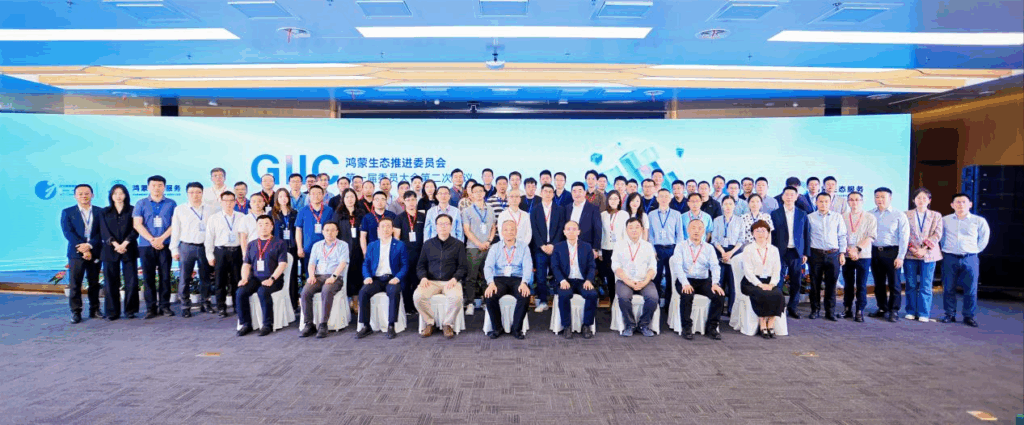
Mr. Du Jinbiao, Chairman of the Harmony Ecosystem Promotion Committee and General Manager of Harmony Ecosystem Service Company, delivered the opening remarks, officially kicking off the meeting. In his speech, he reviewed the phased achievements of the Harmony ecosystem since its inception, emphasized the importance of cooperation among all parties for the ecosystem's development, and encouraged all members to continue forging ahead in the face of new challenges.
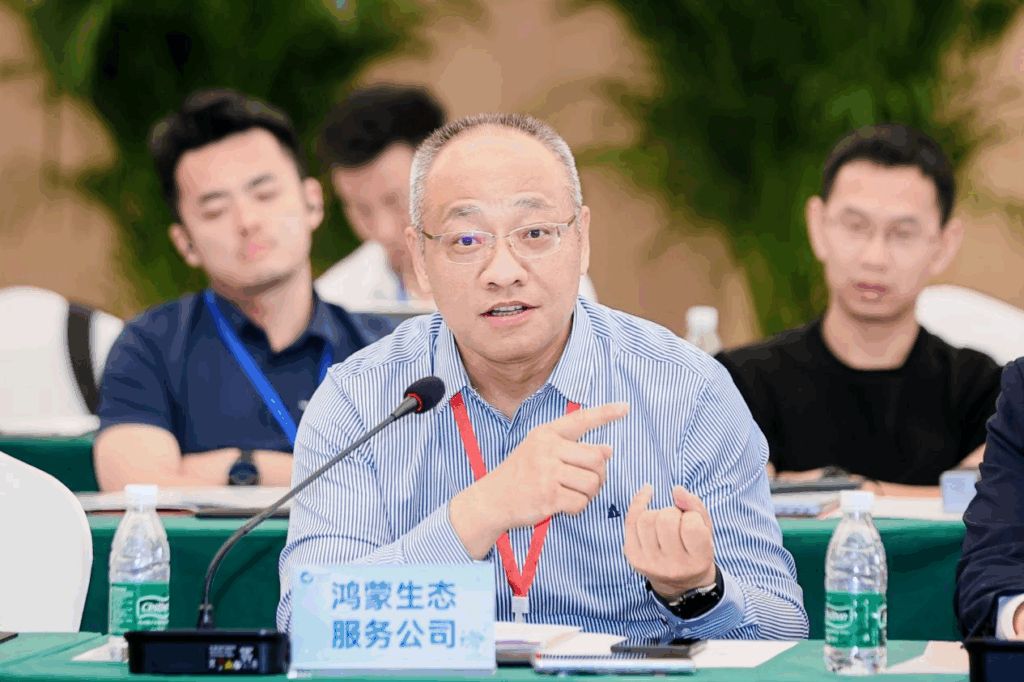
During the project deliberation session, representatives engaged in an in-depth discussion on the organizational structure of the professional groups of the Promotion Committee and the selection of deputy group leaders. As the work of the Harmony ecosystem progresses, optimizing organizational management has become key to improving efficiency. After multiple consultations and reviews, the professional groups proposed a comprehensive organizational structure and candidates for deputy leaders. The proposal was smoothly approved by the representatives of the committee units, laying a solid foundation for the efficient conduct of subsequent work.
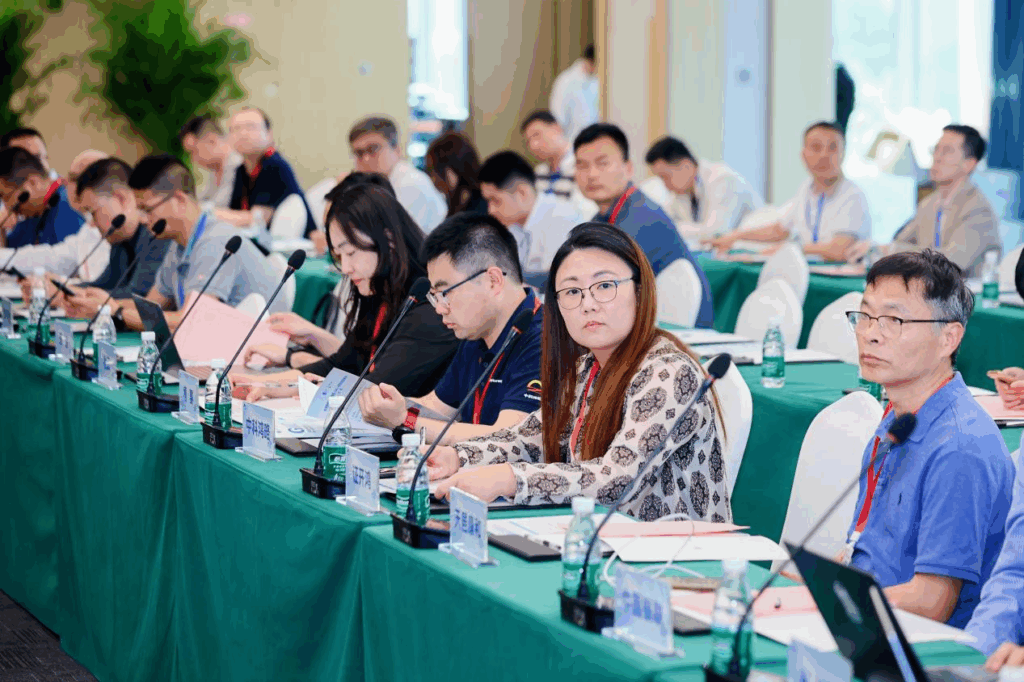
In the session on key matters, important content such as the management regulations of the professional groups of the Harmony Ecosystem Promotion Committee, the new batch of standard initiation applications from the Standards Group, and the management methods of the Certification Group were presented one by one. These matters are closely related to the standardized and regulated development of the Harmony ecosystem. After formal approval through correspondence review by all committee units, they mark an important step in the institutional construction and standard setting of the Harmony ecosystem. The session on work summary and plans for the next stage was one of the core parts of the meeting.
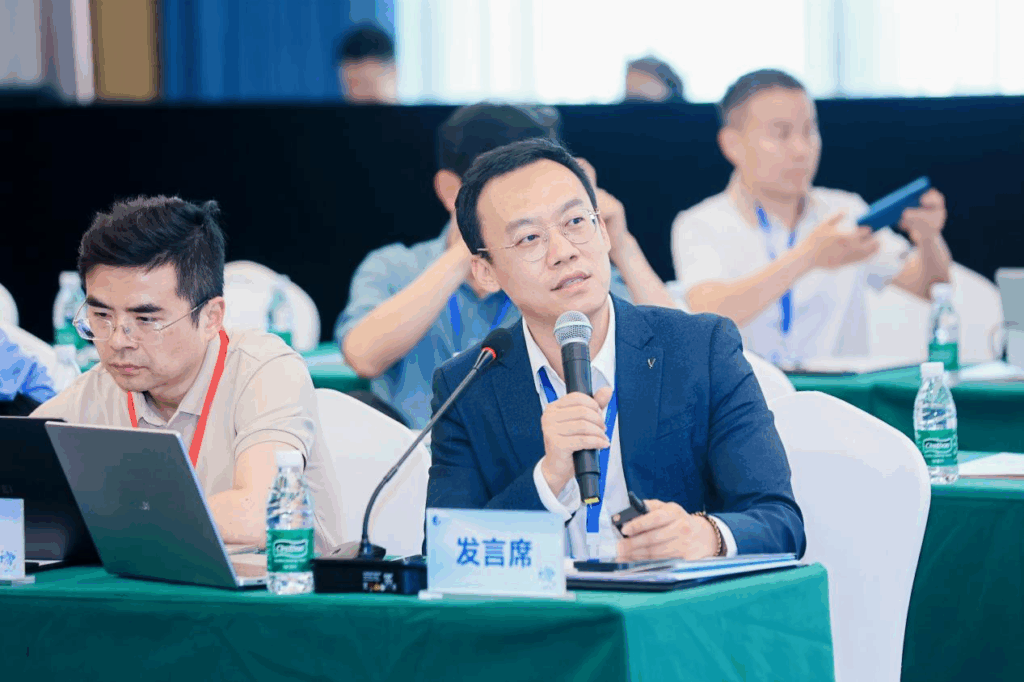
Ms. An Shuang, Executive Secretary-General of the Promotion Committee, reviewed the work achievements since the first meeting and provided a detailed introduction to the work plan for the next stage. Subsequently, the heads of the Technical Standards Group, Harmony Certification Group, Industry Scenario Group, Industry Development Group, and Talent Development Group reported on their respective groups' work progress and future plans in turn.
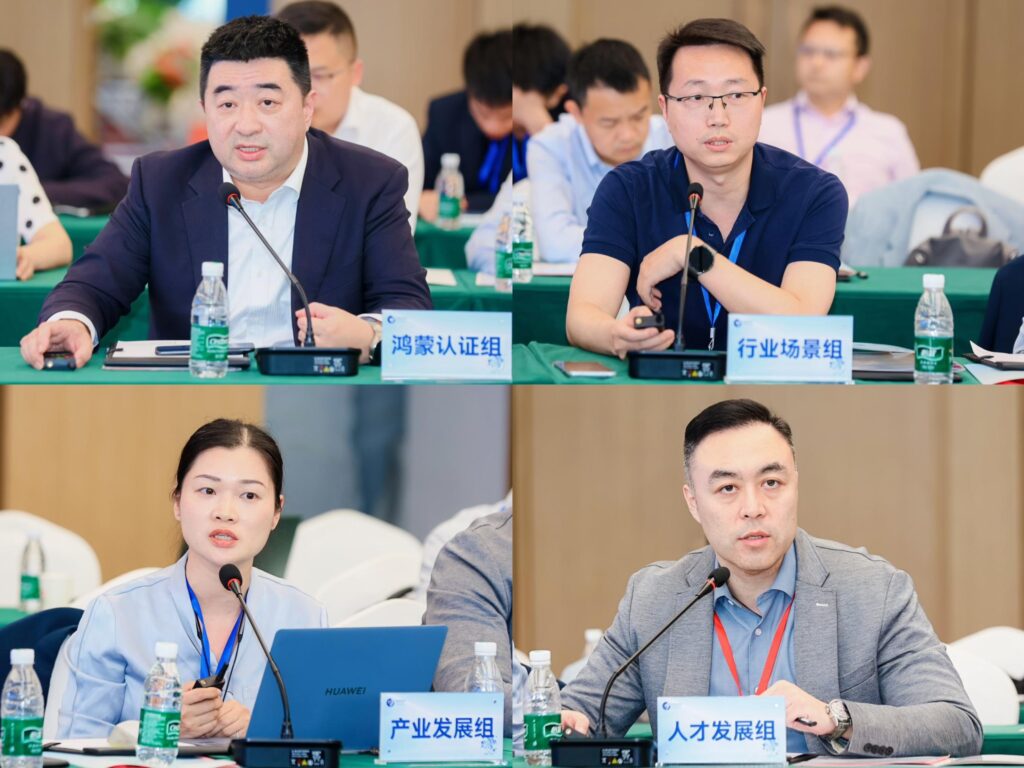
The Technical Standards Group has completed the initiation of nine standards and will focus on advancing file sharing and application collaboration standards in the future. The Certification Group has held multiple meetings and product evaluations, with plans to further improve the evaluation system. The Industry Scenario Group has established an expert review panel to promote the normalization of scenario requirement reviews. The Industry Development Group has actively carried out activities to attract new members and steadily advance the construction of service centers. The Talent Development Group has conducted in-depth research on talent pain points and is fully promoting the talent white paper, standard setting, and competition preparation. Over the past period, the professional groups have actively explored and collaborated, achieving significant results in technological innovation, market expansion, and scenario application, injecting vitality into the development of the Harmony ecosystem.
During the meeting, the establishment of the Communication Special Committee of the Harmony Ecosystem Promotion Committee became a highlight. With the rapid development of the Harmony ecosystem, the communication industry, as the core carrier of the Internet of Everything, is becoming increasingly important. Led by the three major operators and with the participation of many companies including Huawei and Midea, the Communication Special Committee was officially established after nearly half a year of preparation.
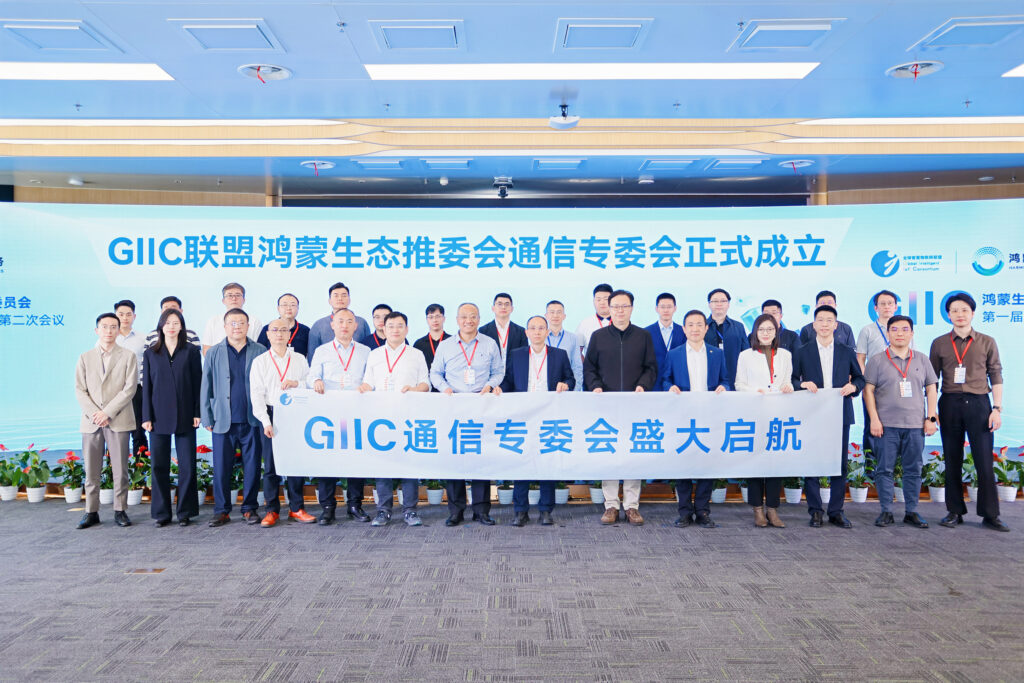
At the meeting site, the representatives of the committee reviewed and approved the establishment of the Communication Special Committee and the election of its president. Mr. Zhou Wu, General Manager of the Market Department of China Mobile Group, was elected as the president.
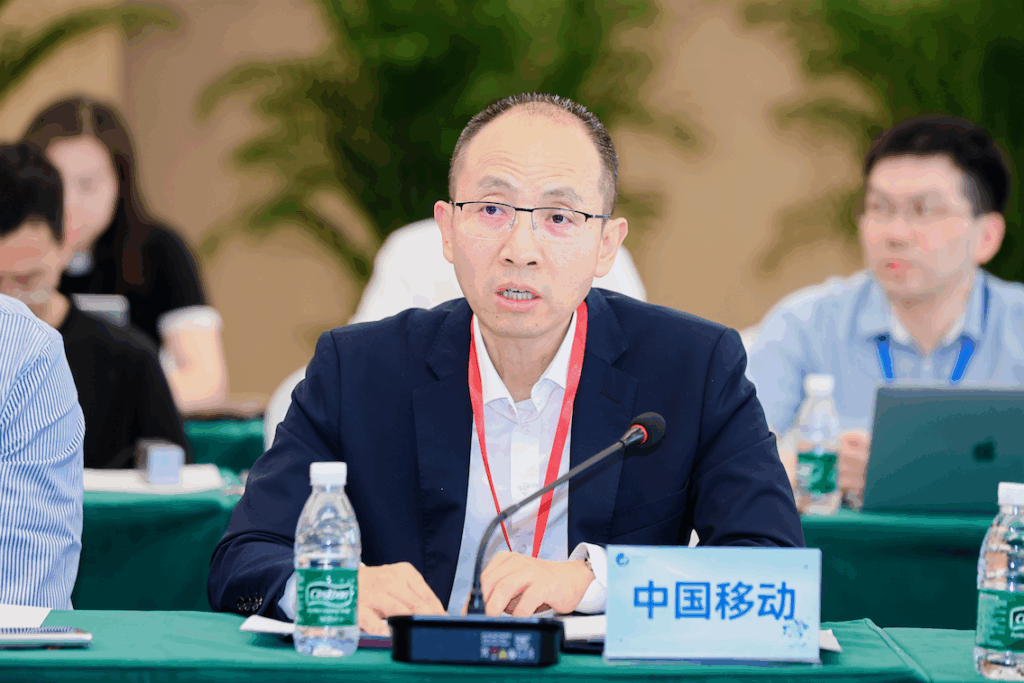
Mr. Shi Qiang, Manager of the Intelligent Terminal Department of the Group Market Operation Department of China Mobile Communications Group Co., Ltd., spoke on behalf of the president. In his speech, Mr. Shi elaborated on the development vision and plan of the Communication Special Committee, detailed the achievements in the joint construction of the Harmony ecosystem, including leading standard setting, creating an independent operating system, promoting the implementation of innovative products, and strengthening ecosystem collaboration, and shared future plans to inject new momentum into industry development through the Communication Special Committee.
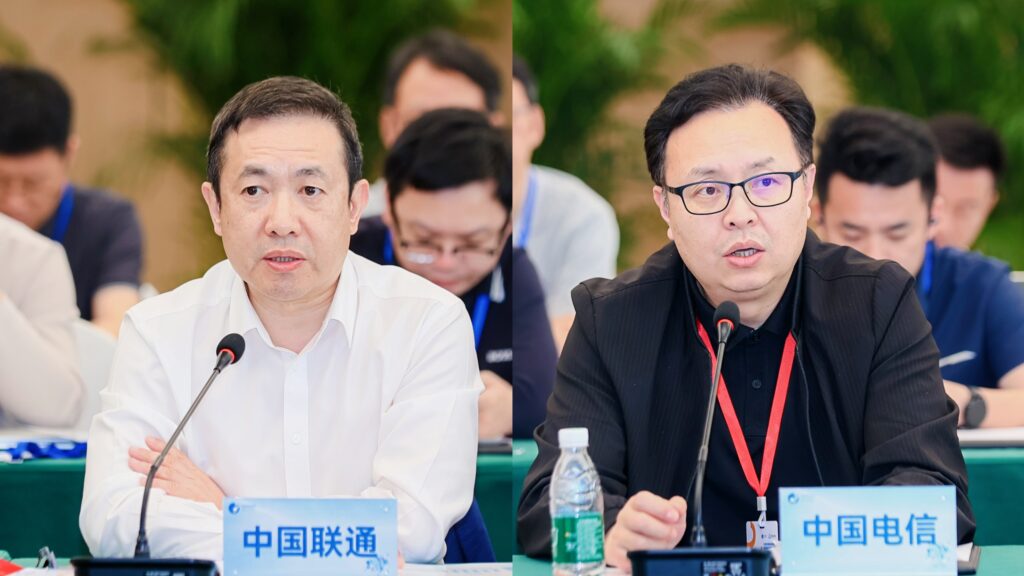
Subsequently, Mr. Chen Fengwei, Deputy General Manager of China United Network Communications Corporation HuaSheng Communication Co., Ltd., and Mr. He Wei, Deputy General Manager of China Telecom Tianyi Terminal Co., Ltd., also spoke, jointly expressing their confidence in the future development of the Communication Special Committee.
Mr. Shang Zhe, General Manager of the Whole House Intelligence of Midea Group, introduced the smart home industry plan, proposing to establish a smart home appliance and home special committee to promote in-depth development of the Harmony ecosystem in this field.
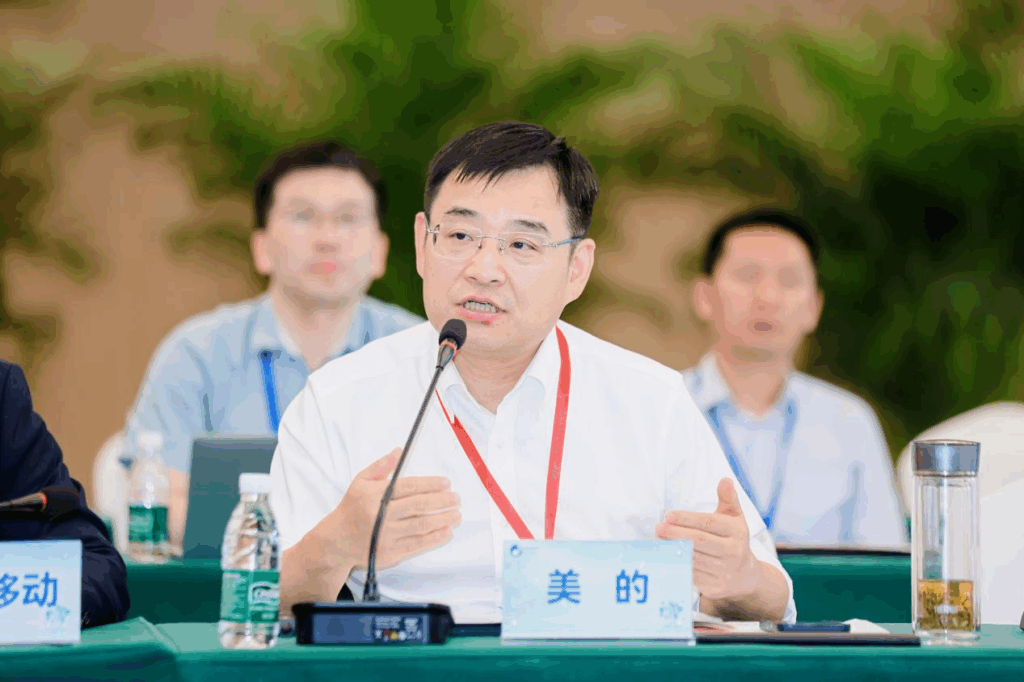
During the topic discussion session, representatives from China UnionPay, Mengwang Technology, and Tongze Kangwei actively spoke, sharing their practical experience in the Harmony ecosystem and exchanging views on "how to expand the Harmony ecosystem with industry as the driving force." Everyone agreed that establishing industry special committees, exploring value scenarios, and integrating micro-scenes will strongly promote the widespread application of the Harmony ecosystem in various industries, providing new ideas and methods for its development.
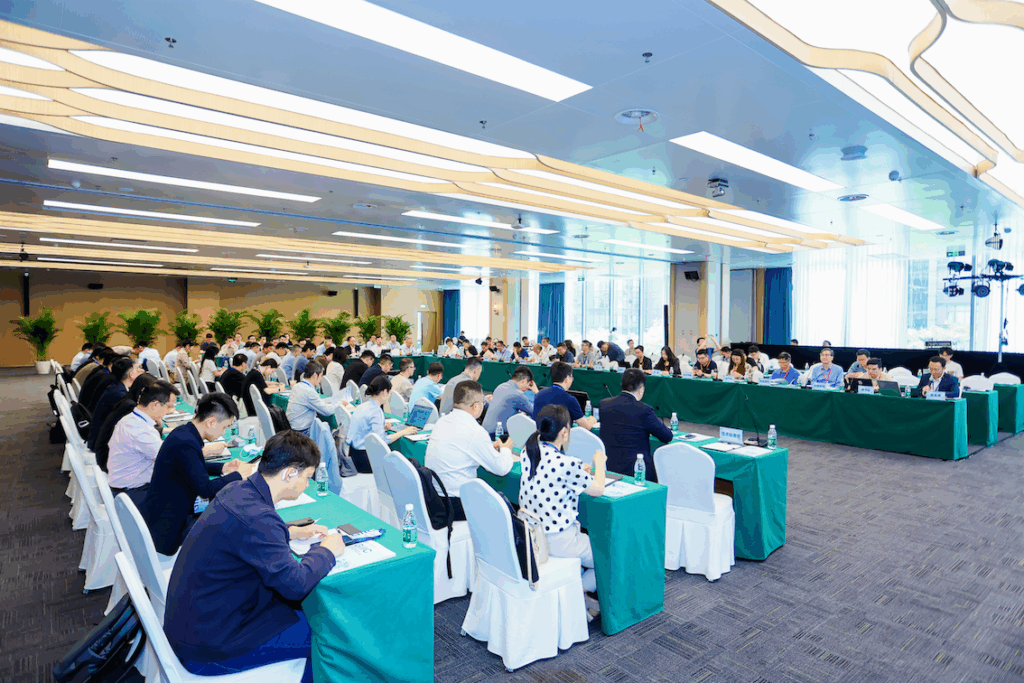
At the end of the meeting, Mr. Du Jinbiao, Chairman of the Harmony Ecosystem Promotion Committee, summarized the meeting, expressed his gratitude for the support and efforts of all committee units, and put forward expectations for the future development of the Harmony ecosystem. He pointed out that last year, the installation volume of open-source Harmony devices exceeded 32 million units, and it is expected to exceed 50 million units this year. More than 120 chips have been adapted to Harmony, and the adaptation laboratory under construction in Changsha will accelerate the chip adaptation process. Meanwhile, local governments have introduced a series of supportive policies to provide strong backing for the development of the Harmony industry. He emphasized that the meeting had achieved fruitful results, clarifying the direction for ecosystem development. He hopes that all professional groups and special committees will closely collaborate to jointly create a globally leading intelligent ecosystem benchmark.
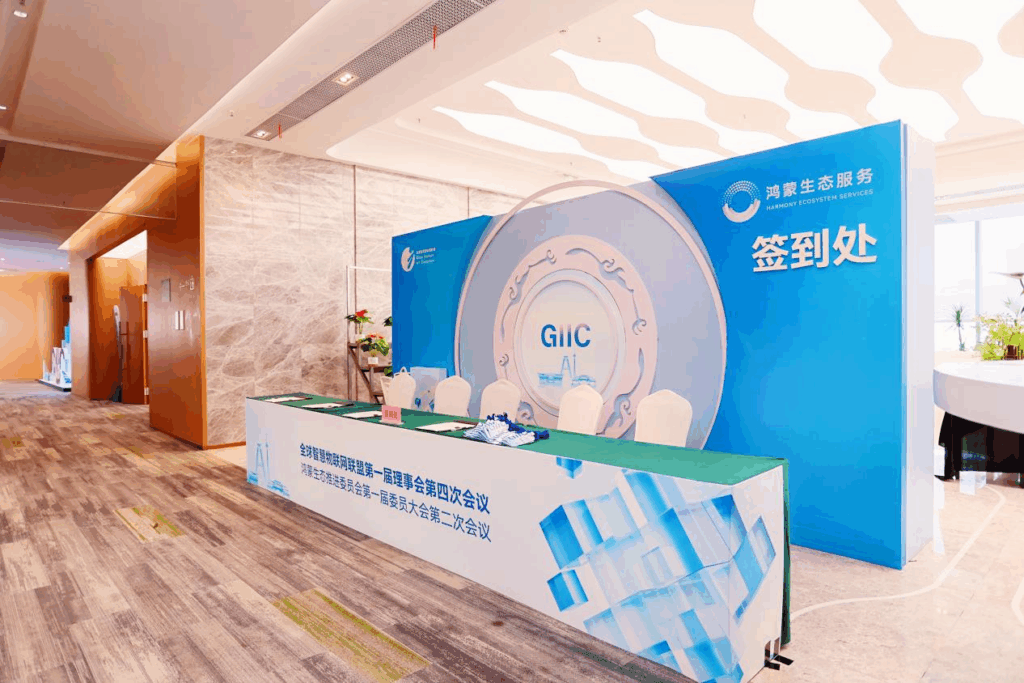
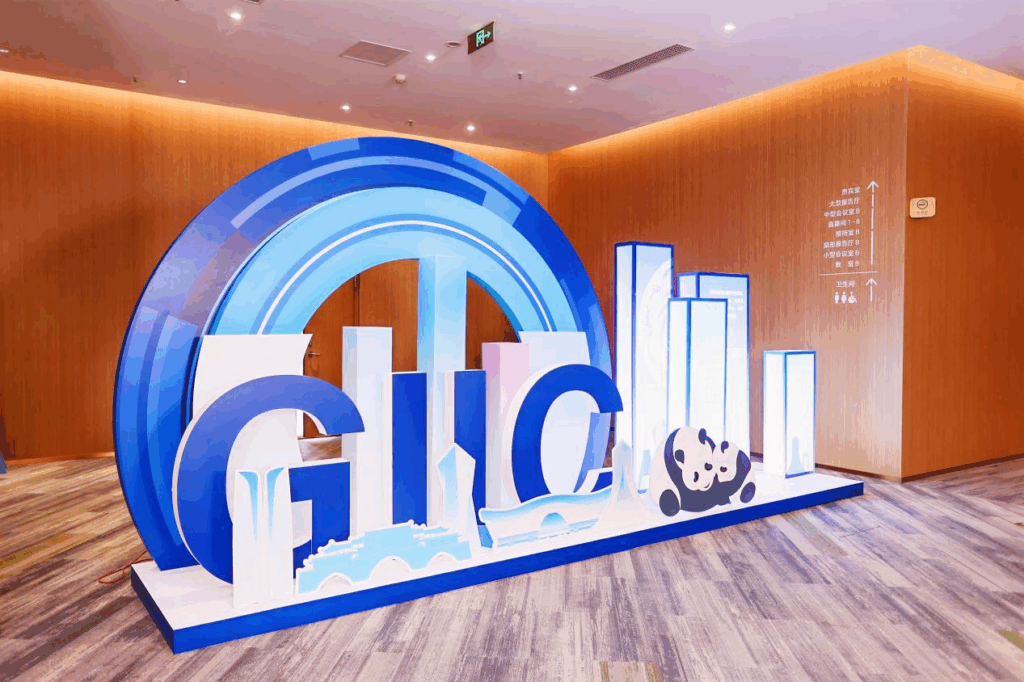
The successful holding of this meeting has further united the forces of all parties in the Harmony ecosystem. In the future, the Harmony Ecosystem Promotion Committee will continue to work hand in hand with all committee units and ecosystem partners to continuously expand the ecosystem's boundaries and promote the Harmony ecosystem to shine more brightly in the global intelligent Internet of Things field, bringing more possibilities to industry development.